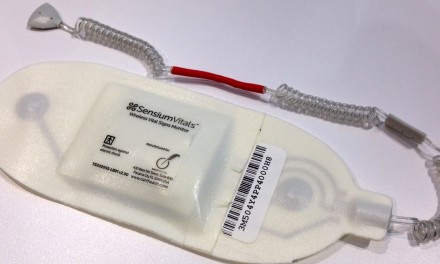I’ve been surprised that the vendor trade press hasn’t had more on the recent move by CMS to stop reimbursing hospitals for 13 specific hospital-acquired conditions, aka, adverse events. This will have a profound impact on hospital buying decisions in the coming years. Of course the changes will be slow - this is health care, after all.
For those of you that missed the original post, you can find it here. And here is a link to a Google search that should bring up all the Internet content on this topic. The news has been picked up, and here are some interesting links.
- The trade group America’s Health Insurance Plans’ (AHIP) consumer facing web site, HealthDecisions.org has a story with lots of great statistics and cost numbers. I doubt payors will lag far behind CMS in denying reimbursement for a growing number of preventable adverse events (which, of course is most adverse events;
- Ingenix’s SDRG Report blog (yes, a health care IT vendor blog!) mentions the 13 conditions in this blog post;
- Accounting and advisory firm BKD has a mention on page two (pdf) in a recent newsletter;
- The American Nurses Association has a bit on the infamous 13;
- And, HealtLeaders Media includes a mention of the 13 in an update on the proposed CMS changes for 2008.
Finally, the Association for Professionals in Infection Control and Epidemiology (APIC) has published a great white paper (pdf) on the costs of hospital-acquired infections. (They have an interesting listserv too.) The paper shows that even with reimbursement, hospitals lose money on hospital-acquired infections. As payors end reimbursement for preventable adverse events, costs will increase - keep that in mind as you see “average reimbursement” in the white paper.
UPDATE: The ECRI Institute published a brief paper on this topic in November of 2007 (6 months after you read about it on this site).



Recent Comments